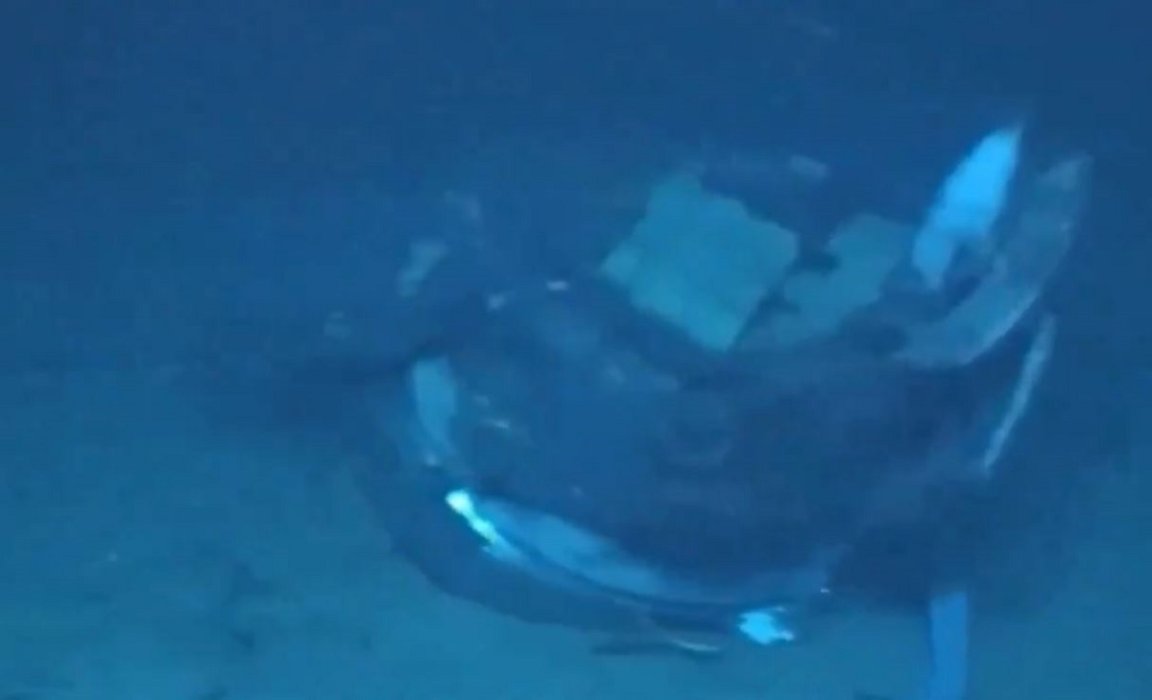
Ten-foot Pole
Boeing is distancing itself from OceanGate, the company that built and operated the Titan submersible that killed all five passengers during its descent to the wreck of the Titanic last year.
During an ongoing US Coast Guard hearing on the disaster, Boeing material and process engineer Mark Negley testified that his employer was asked to consult in a preliminary study to determine the feasibility of using a carbon fiber hull — but that this was the extent of its involvement.
The aerospace company was not part of the materials testing, Negley said, per ABC News. It also didn’t manufacture parts for OceanGate, nor did it advise on what type of carbon fiber should be used in its hull.
And for the limited advice Boeing did provide, OceanGate chose to ignore it, Negley said, such as on the thickness of the hull. The submersible maker chose to go with a five inch thickness, when previous recommendations had suggested using a thickness between 7 to 12 inches.
Negley said that OceanGate also ignored the recommendation to use a layer of 45 degree plies to reinforce the hull. After its early involvement, Boeing did not work with OceanGate again — though Negley could only speculate on why.
“I don’t know [why] exactly, you know, I think maybe we were too expensive,” he said, per ABC News.
Out of the Mud
The downplaying of its collaboration with the submersible maker is significant. OceanGate’s former CEO Stockton Rush, who died aboard the vessel, had publicly spoken about — if not played up — his ties to Boeing.
In particular, Rush had bragged about buying expired carbon fiber from the airline manufacturer at a discounted price. Boeing, however, said it had no record of this sale. To sell its safety, he also advertised the Titan as being built with the help of Boeing and NASA, despite their allegedly limited involvement.
Boeing is already under enormous scrutiny for the safety of its aircraft. And the failure of its Starliner spacecraft that ferried NASA astronauts to the International Space Station, but was deemed too unsafe to make a return trip with passengers, has only heightened scrutiny into the company’s practices.
But it’s not alone in trying to clear its name. During the same hearing, NASA also emphasized that it was not nearly as involved with the Titan submersible’s design as OceanGate’s marketing suggested.
Justin Jackson, a materials engineer for the space agency, said that NASA had stepped back from a more extensive role it originally planned for because of the COVID-19 pandemic, and that it only consulted on a mock-up of the submersible.
Jackson added that NASA refused to let its name be used by OceanGate. “The language they were using was getting too close to us endorsing, so our folks had some heartburn,” he said, as quoted by The Associated Press.
More on OceanGate: Before the Titanic Sub Imploded, Its Creator Was Working to Create a Whole Fleet of Them